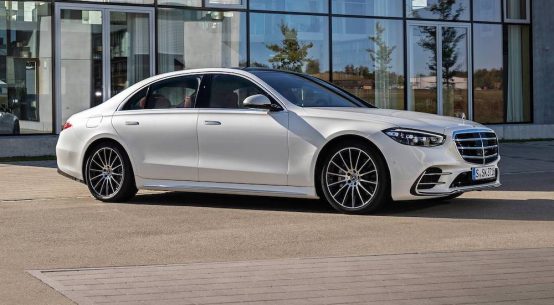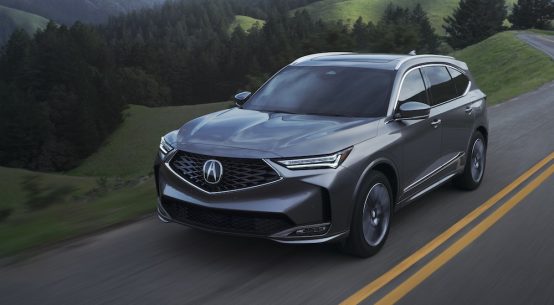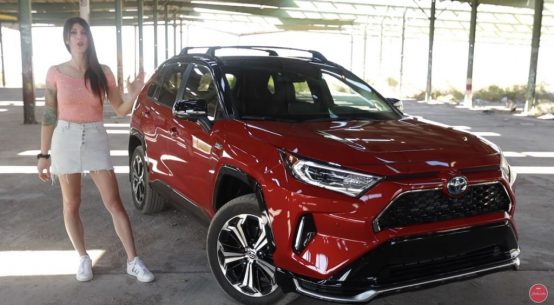
Green Car Reports, Author: John Briggs
Electric cars all come with a 120-volt charging cable that can charge the battery from a household socket if there are no other options. But sooner or later, most battery-electric car owners will want a 240-volt Level 2 charging station that can recharge the car as much as four times faster.
Owners of plug-in hybrids with ranges below 30 miles may find the standard charging cable fine, but as plug-in ranges rise, they too may decide a charging station will increase their all-electric driving.
 While 240-volt charging stations aren’t complicated, there are many different options on the market.
While 240-volt charging stations aren’t complicated, there are many different options on the market.
You will likely need to hire an electrician, too, so some preplanning is in order to ensure that you get the right charging station and the installation goes smoothly.
First, be aware of a little bit of terminology. Modern electric cars have the actual chargers built into them.
 So the unit installed on your garage wall is not actually a “charger,” although it is commonly called that. The unit is also called an EVSE, for Electric Vehicle Supply Equipment.
So the unit installed on your garage wall is not actually a “charger,” although it is commonly called that. The unit is also called an EVSE, for Electric Vehicle Supply Equipment.
If you’re looking to install something to charge your electric car in your garage, carport, or elsewhere, a “charging station” or EVSE is what you want.
We’ve used both terms interchangeably throughout this article.
 Wiring
Wiring
If you are going to hire an electrician to install wiring and the dedicated circuit that charging stations need, consider asking him to put one in that carries at least 50 amps.
It will likely only cost slightly more, but will save you significant money in the future if you end up with a future electric car that can charge at a higher rate than today’s offerings.





